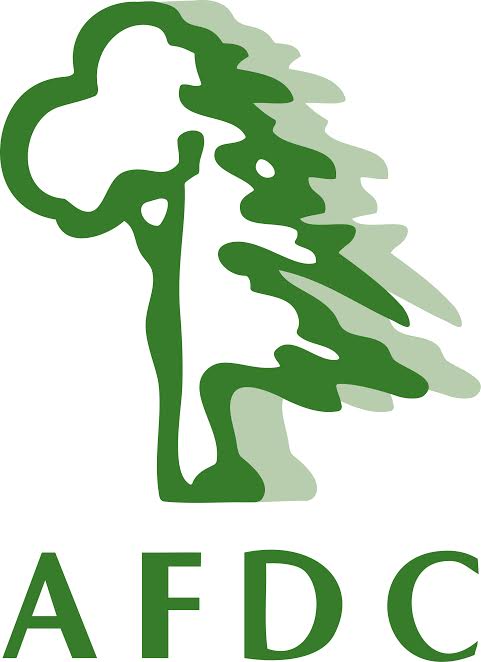What's happening at HSS?
New Project 'Building Communities’ Resiliencies' in cooperation with the 'Association for Forests, Development and Conservation - AFDC' in Lebanon
In the last few years, local communities in Lebanon have been under pressure due to the instability of the Government from one hand and the increased number of Syrian refugees since 2012. As a result, there are increased problems in infrastructure, water, energy and water, security, solid waste management, health, education and other resources within the communities. All these factors together increase the vulnerability of local communities to face any kind of natural or manmade risks.
Within this complex backdrop, AFDC and the Hanns-Seidel-Stiftung starts in 2017 to implement a project which aims at building the capacities of local communities in general and municipalities in specific on the concept of “Resiliency”, one of the main approaches used worldwide by communities to reduce the impact of natural and manmade risks and hazards.
This project will complement the work of the Lebanese Government through the UNDP DRR Unit, hosted at the Presidency of the Council of Ministers, in disaster risk reduction and management. The project is in line with the 2015 Sendai Framework, which is a 15-year, voluntary, non-binding agreement recognizing state agencies as having the primary role in disaster risk reduction but that responsibility should be shared with other stakeholders including local authorities and the private sector among others. The project aims for the following outcome: The substantial reduction of disaster risk and losses in lives, livelihoods and health and in the economic, physical, social, cultural and environmental assets of persons, businesses and communities.
In addition the project allows the municipalities chosen to be part of this project to join the "Resilient Cities Campaign" that addresses issues of local governance and urban risk while drawing upon previous UNISDR Campaigns, as well as on the sustainable urbanizations principles developed in the UN-Habitat World Urban Campaign 2009-2013.
In 2017 the municipalities of Ghazze /Bekaa Caza and Anjar / Zahle Caza are part of the project. The municipalities are selected based on the available UN and Government database on the most vulnerable local communities in Lebanon.
As a first step the establishment of a local committee is mandatory for developing the resiliency plans in each community. The local committee members will be identified through a local stakeholders’ analysis.
AFDC will visit the municipality and develop a clear understanding of existing stakeholders within each locality that should be involved in the project including other government agencies such as the Civil Defense, the Internal Security Forces and others. In addition, the local Lebanese Red Cross centers, local NGOs, community groups and cooperatives will be addressed. A local committee will be established if there is not any already in place and field assessments will be conducted to determine local needs and existing capacities. This will include a detailed SWOT analysis aiming to identify the existing potentials, resources and needs within each community.
In a second step training workshops will be implemented for Stakeholders identified and committee members about the concept of resilient communities and the processes and steps to develop local plans. AFDC will coach the local committee through regular meetings and guide them through the process of drafting a municipality resiliency plan. The expected result is one final contingency plan per municipality, approved by the municipal council. The local plan with all related information and database will be complied in one final report and disseminated to all concerned stakeholders. This report will include the SWOT analysis of the local community and will help the municipality to approach different donors and contributors to implement the whole plan.

